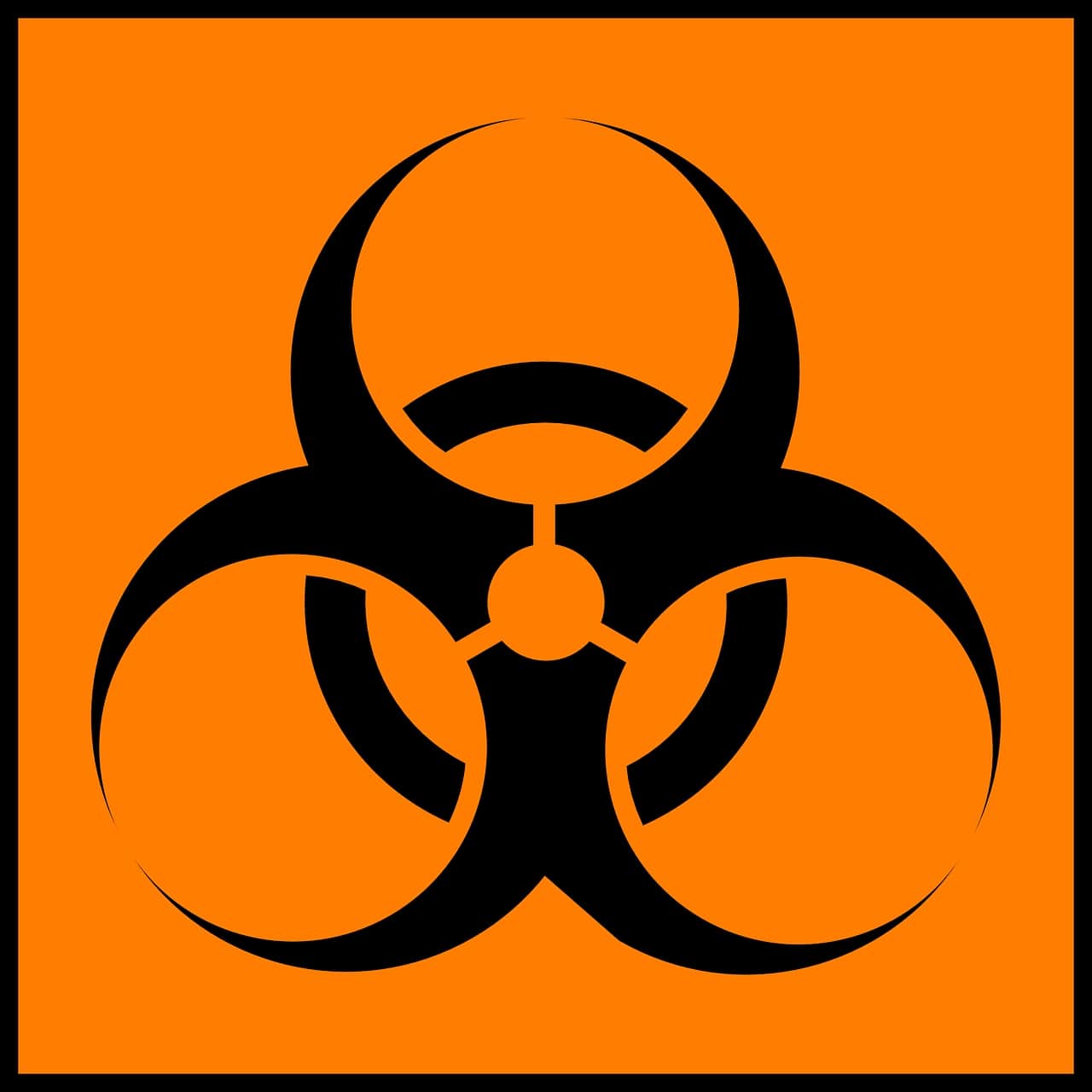What is Medical Waste and Why It Must Be Properly Disposed
Medical waste is an unavoidable result of healthcare operations, and effective treatment is critical to reducing the hazards of exposure to hazardous infections, poisonous chemicals, and radioactive materials.
Medical waste is any material created by healthcare operations, such as human or animal diagnosis, treatment, or vaccination. The trash may be generated at hospitals, clinics, labs, dental practices, nursing homes, and other healthcare institutions.
This article will look at the numerous sorts of medical waste, why it must be disposed of correctly, and the various methods.
Medical Waste Types That Everyone Should Be Aware Of
Medical waste comes in a variety of forms, including:
Contaminated Garbage
Infectious waste contains pathogens known or suspected to cause diseases, such as bacteria, viruses, or parasites. Used bandages, dressings, cultures, specimens, and sharps waste contaminated with blood or other bodily fluids are examples of infectious waste.
Hazardous Waste
Hazardous waste might endanger human health or the environment due to its poisonous, infectious, corrosive, reactive, or explosive properties. Chemical reagents, solvents, and disinfectants are examples of hazardous waste created in healthcare institutions.
Radiation Waste
Radioactive waste is any waste containing radioactive materials that can produce dangerous radiation. Radioactive isotopes employed in diagnostic or therapeutic operations are examples of radioactive waste in healthcare institutions.
Pharmaceutical Waste
Any garbage that comprises outdated, unused, or contaminated pharmaceuticals, drugs, or vaccines are classified as pharmaceutical waste. Pharmaceutical trash includes expired medications, empty vials, syringes, and IV bags.
Sharps Waste
Sharps waste is any waste that has the potential to pierce, cut, or enter the skin. Needles, scalpels, and shattered glassware are examples of sharp waste.
Why Is Appropriate Medical Waste Disposal Necessary- Everything You Need To Know
Surgical waste is medical waste that is created during surgical treatments. Disposable gloves, gowns, masks, drapes, and biological waste like tissues and organs can all be included. Effective surgical waste management and disposal are critical for protecting healthcare professionals, waste handlers, patients, and the general public from the dangers of harmful germs and toxins.
Appropriate medical waste disposal is critical for various reasons, including:
Health Dangers
Improper medical waste disposal can endanger the health of healthcare professionals, waste handlers, patients, and the general public. For example, contact with hazardous trash can spread infectious illnesses such as HIV/AIDS, hepatitis B, and TB. Chemical burns, breathing issues, and other significant health impacts can arise from exposure to hazardous waste.
Environmental Dangers
Poor medical waste disposal can also be harmful to the environment. Hazardous waste, for example, can pollute soil, air, and water resources, resulting in ecosystem contamination. Radioactive waste can release dangerous radiation that can affect the ecosystem in the long run.
Legal Implications
Improper medical waste disposal can result in legal implications such as fines, penalties, and litigation. Healthcare institutions that fail to comply with medical waste management standards may risk substantial financial and reputational consequences.
The Techniques of Medical Waste Removal
Medical waste is disposed of in a variety of ways, including:
Combustion
Incineration converts medical waste into ash and gas by burning it at high temperatures. Although this technology is excellent at destroying infectious material, it can cause air pollution and create toxic pollutants.
Disinfection Using Chemicals
Chemical disinfection kills microorganisms in medical waste by treating it with chemicals. Although this procedure is excellent at removing infectious trash, it can harm the environment.
Treatment using a Microwave
Microwave treatment is the process of sterilizing medical waste using microwave radiation. Although this procedure successfully eliminates infectious material, it is costly and requires specialized equipment.
Encapsulation
Encapsulation is turning medical waste into a stable, non-toxic substance. This procedure successfully deals with hazardous waste but is costly and requires specialist equipment.
Conclusion
Appropriate medical waste disposal is critical to reducing the hazards of exposure to hazardous microorganisms, poisonous chemicals, and radioactive materials. Healthcare institutions must follow medical waste management standards to safeguard the health of healthcare employees, waste handlers, patients, and the general public.
There are numerous techniques for disposing of medical waste, and healthcare institutions must select the most appropriate option based on the type of waste created and available resources.
Share this content:














Post Comment